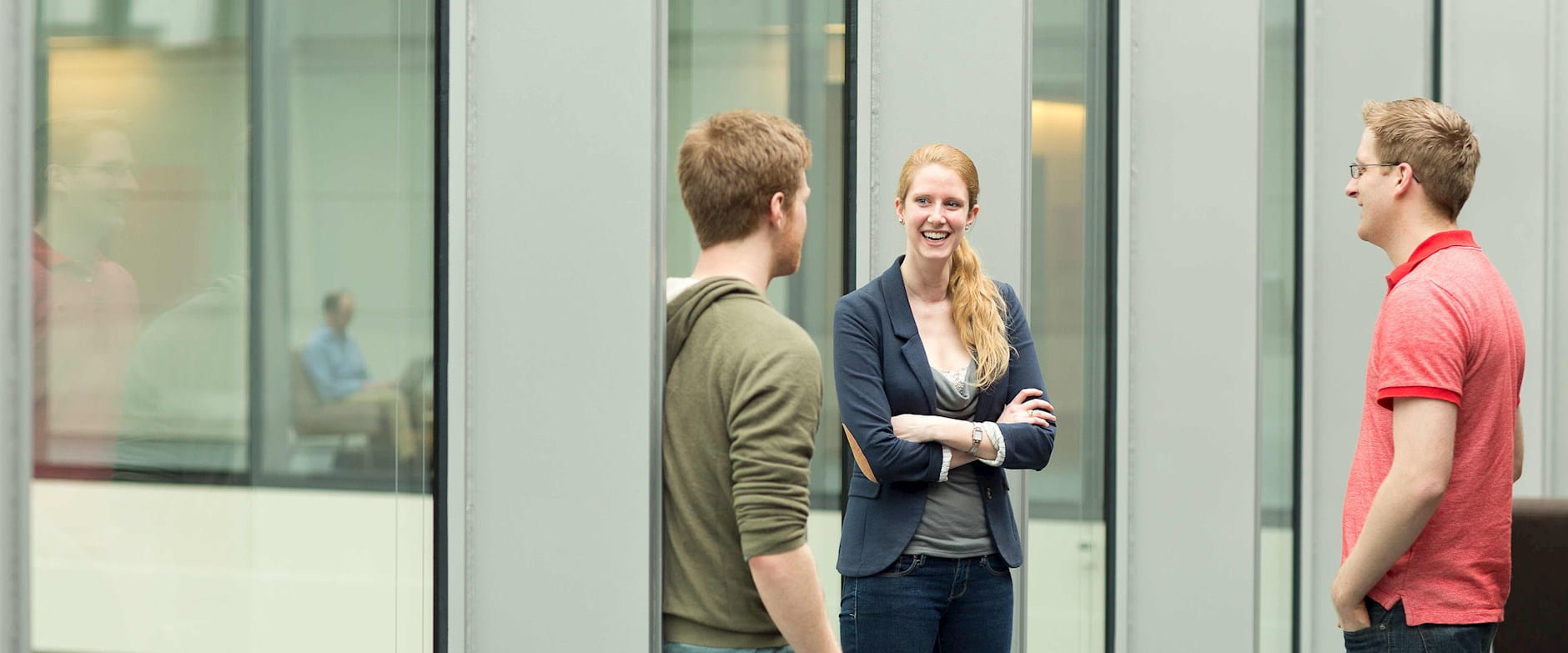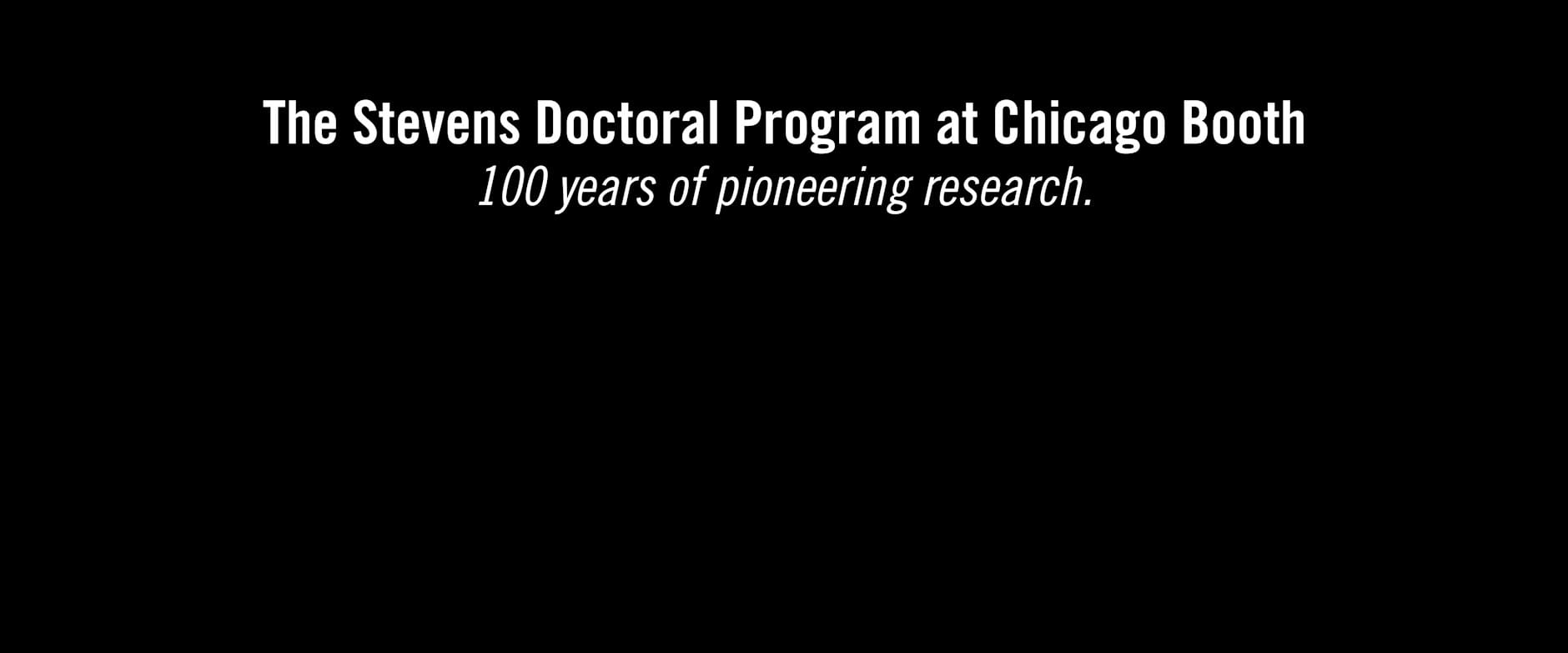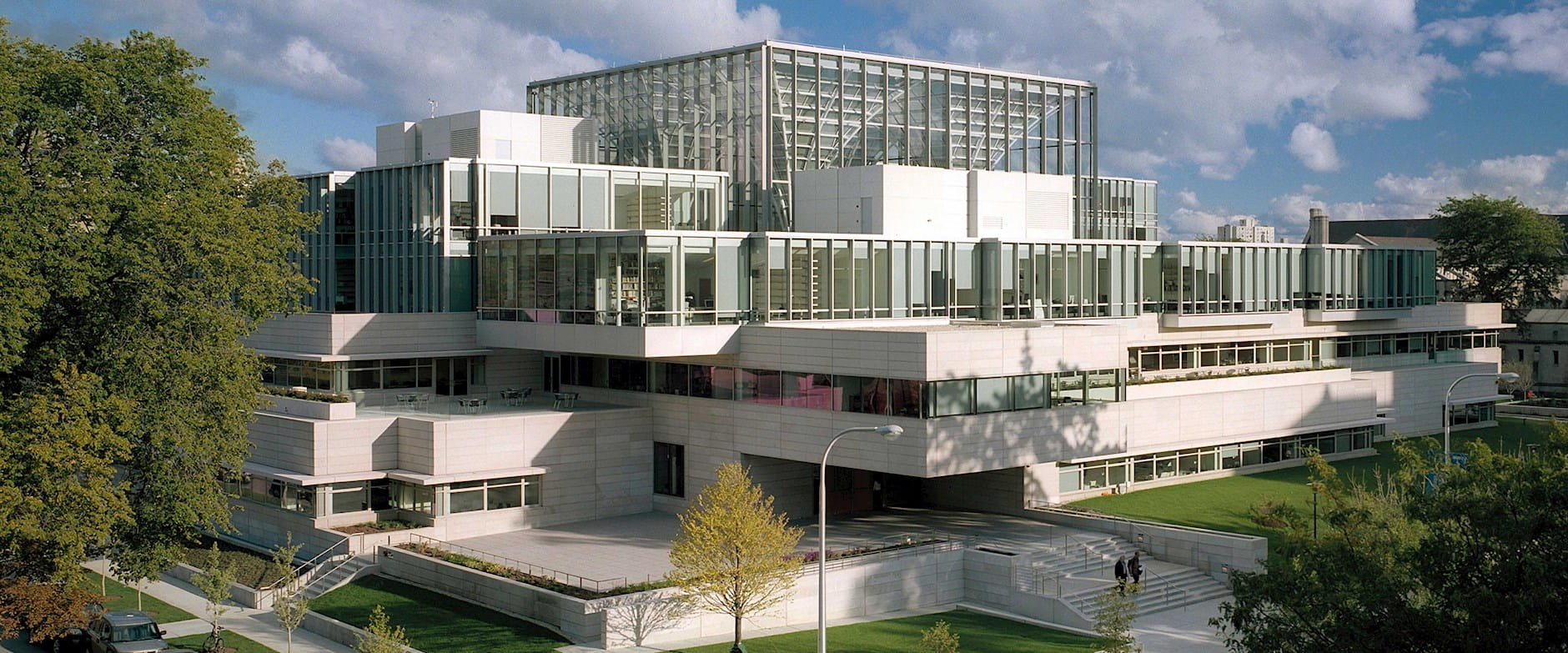Baris Ata (00:00):
When I came here, it felt like, "Now I'm in the major leagues." I realized how high the standards are.
Jane L. Risen (00:09):
We're the oldest PhD program within a business school, which is pretty extraordinary to think of sort of how long ago the recognition was there that we wanted to be training not just business leaders in practice, but to be training the future leaders of academic discipline.
Ray Ball (00:26):
So I arrived in 1966. Oh, it was marvelous. The place just crackled with ideas and open discussion, and I ended up throwing out all the ideas I came with.
Ann L. McGill (00:35):
What I especially liked about learning things here is this is an interdisciplinary school, so you didn't have to dive in a silo. You can wrap your arms around huge areas.
Marianne Bertrand (00:46):
What is special is that we are part of a business school, training PhD students across a range of disciplines, not just economics or finance, which we deploy in the Economics Department, but also students are doing psychology, operation research.
Ray Ball (00:59):
At Chicago, the ideas were the authorities, not the people, and they were all up for grabs.
Amir Sufi (01:06):
What we're trying to create here is people who produce knowledge, not just consume it. And that's the real challenge I think of PhD education.
Ana-Maria Tenekedjieva (01:15):
I was never told at any point that, "Oh, this is not real finance. This question is too outside of the box." On the contrary, it was always, "You should do what you want to do, and we're going to think about placement once the paper is ready."
Jane L. Risen (01:32):
You don't make any assumptions. You question everything.
Pradeep K. Chintagunta (01:35):
It's not enough just to know what other people have done. It's also important to know what needs to be done next. To be able to do that, you need to be able to ask questions beyond the questions that have been asked in the previous literature or in the previous knowledge that's already out there.
Jeffrey R. Russell (01:53):
When you're going to seminars here, or watching my colleagues talk in the hallways, you'll often see them in what look like very contentious battles. But really, they're just after, "What's the right answer?" When PhD students come here, they are able to sort of bring that into their own souls, and I think that really pushes them then to sort of be the best possible researcher that they can.
Ana-Maria Tenekedjieva (02:12):
Chicago Booth is known for its quite aggressive questioning style. I think that we get a little bit of a bad rap. There is a point to the aggressive questioning, and it is to clarify the idea. In Chicago Booth the spirit is be tough on the idea, not on the person.
Amir Sufi (02:30):
Throughout the world, we're appreciating more and more how influential research can be. I think our PhD students going forward will increasingly be placed in positions, both in scholarship and in government and in business, where they can have major influence.
Ray Ball (02:48):
So the fact that this is the oldest doctoral program in business, that it has been going for 100 years, gives some indication of the commitment of this school to training people. We still have those same values, and so it's always going to generate people who change the world, who change the way we think. I can't tell you at this point how that will happen. That's exactly the idea. New people come in with new ideas, and they learn how to implement them in the school, and they change the way we think about the world. And that's going to keep going.



